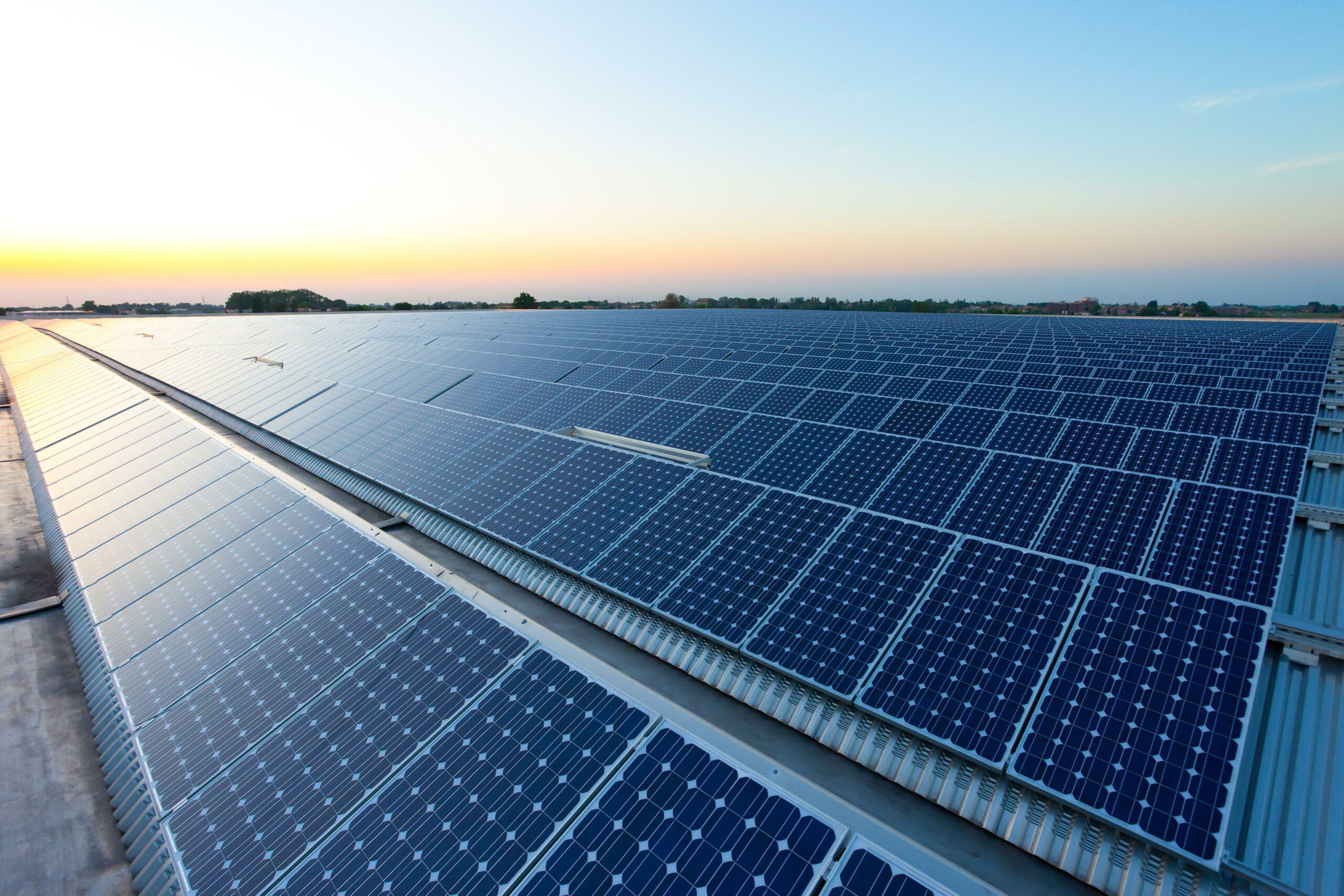A large-scale photovoltaic park will appear in the capital of Cyprus, converting solar energy into electricity with the help of special panels.
The Department of Environmental Protection recently approved the large-scale project of Soletus Ltd.
According to the release, the new photovoltaic park will be erected in the Lakatamia district, near Nicosia Mall. A total of 80,586 photovoltaic panels with a total capacity of 56MW will be installed on a site with a total area of 816,985m2. The park will generate about 180 MWh of energy per year. An energy storage system with an equivalent capacity of 21 MW will operate simultaneously with the park.
The solar power plant will be operated using the latest photovoltaic energy technology. As outlined in the related environmental impact assessment study (MEEP), the ultimate goal of the project is to help meet the island's energy needs and reduce the country's dependence on imported and non-renewable energy sources. Specifically, the new photovoltaic park will generate electricity through the use of solar energy and then distribute it to the EAC grid.
The estimated cost of the proposed project will be €40 million. The construction costs of the PV park will be fully covered by Soletus Ltd's own funds. It is expected that the construction works will start already in 2024 and will be carried out in several stages.

Several technologies are used in the world to convert solar heat and light into electricity. The most popular of them are:
- Photovoltaic (PV) devices such as solar panels, directly convert sunlight into electricity using semiconductors.
- Concentrating solar power plants (CSP), use mirrors to direct sunlight to a central point that generates enough heat to fuel steam turbines or engines to generate electricity.
- Solar Heating and Cooling (SHC) systems use thermal heat from the sun to heat water and cool the air, replacing the need for electricity or natural gas.
Since Cyprus has almost 365 days of sunshine a year, the problem of economical electricity consumption is mainly solved by building photovoltaic parks. Unlike burning coal, solar energy does not cause the greenhouse effect that exacerbates global warming. In addition, solar energy can play an important and cost-effective role in overcoming Cyprus' dependence on fossil fuels.
Improved ways of storing solar energy can also increase the sustainability of the energy system. By storing extra energy on sunny days, batteries ensure that power is available in cloudier weather or when cyclones knock out traditional power lines. As a result, consumers in Cyprus can get more reliable energy at a lower cost. By the way, these ambitious investments are not just good climate policy, but a great chance for Cyprus to invest in itself and its future.
